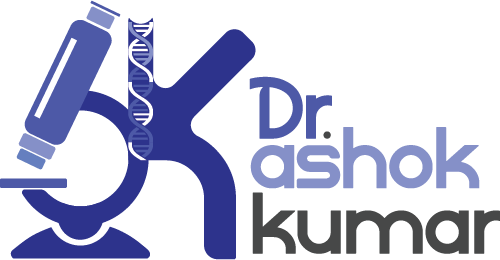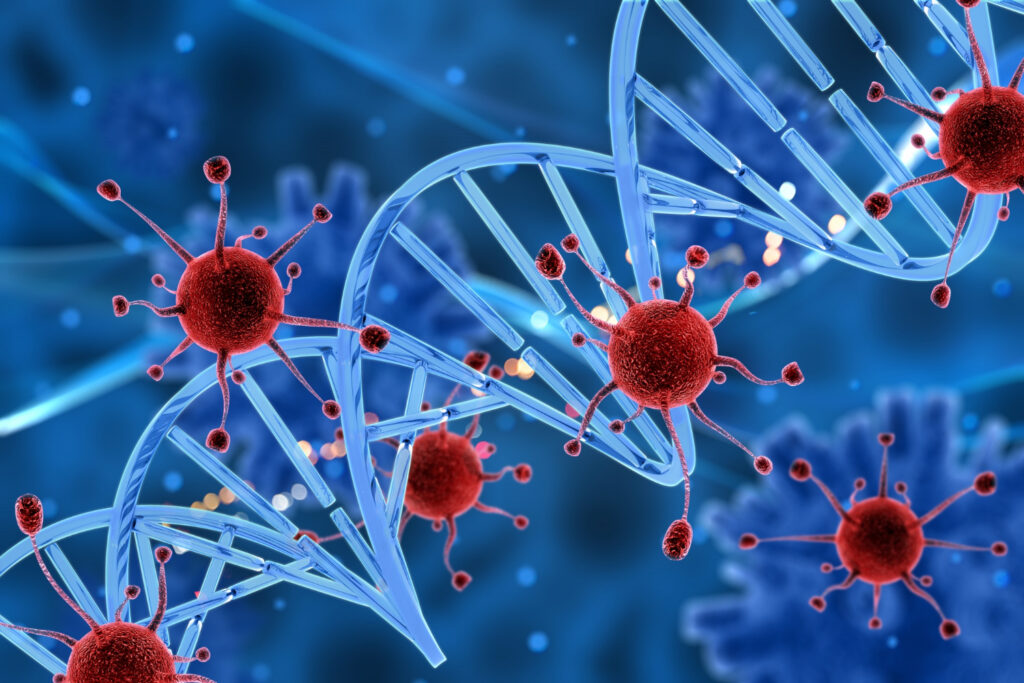Forewords
A PhD in biochemistry is an advanced research degree focused on the study of chemical processes within biological systems.
Here are the top 20 biochemistry topics for a PhD program, along with a broad overview of the specific areas within each domain
Protein Structure and Function
Protein folding and misfolding
Enzyme kinetics and mechanisms
Protein-protein interactions
Protein engineering and design
Nucleic Acid Structure and Function
DNA replication and repair
Transcription and RNA processing
RNA translation and protein synthesis
Epigenetics and chromatin remodeling
Metabolism and Cellular Bioenergetics
Carbohydrate metabolism
Lipid metabolism and signaling
Amino acid metabolism and protein turnover
Energy metabolism and metabolic disorders
Signal Transduction and Cell Signaling
Receptor signaling pathways
Intracellular signaling cascades
G-protein coupled receptors (GPCRs)
Kinases and phosphatases in signal transduction
Molecular Genetics and Genomics
Gene regulation and expression
DNA damage and repair mechanisms
Genomic instability and cancer
Functional genomics and systems biology
Structural Biology and X-ray Crystallography
Protein crystallography techniques
Structure determination and analysis
Protein-ligand interactions and drug design
Membrane protein structure and dynamics
Bioinformatics and Computational Biology
Sequence analysis and alignment
Genomic data mining and analysis
Protein structure prediction and modeling
Systems biology modeling and simulations
Molecular Biology Techniques and Methods
Polymerase chain reaction (PCR)
DNA cloning and recombinant DNA technology
Gene expression analysis (microarrays, RNA-seq)
Proteomics and mass spectrometry techniques
Biochemical Genetics and Inborn Errors of Metabolism
Genetic disorders and metabolic pathways
Enzyme deficiencies and metabolic diseases
Newborn screening and genetic counseling
Therapeutic approaches for genetic disorders
Drug Discovery and Development
Drug target identification and validation
High-throughput screening (HTS) methods
Drug design and lead optimization
Pharmacokinetics and drug metabolism
Structural Bioinformatics and Drug Design
Structure-based drug design approaches
Molecular docking and virtual screening
Fragment-based drug discovery
Drug repurposing and combination therapy
Biochemical Mechanisms of Disease
Cancer metabolism and signaling
Neurodegenerative diseases
Metabolic syndrome and diabetes
Cardiovascular diseases and atherosclerosis
Protein-Protein Interactions and Drug Targeting
Protein-protein interaction networks
Small molecule inhibitors of protein-protein interactions
Antibodies and biologics as therapeutic agents
Targeted drug delivery systems
Membrane Biochemistry and Transport
Membrane structure and dynamics
Ion channels and transporters
Lipid bilayers and membrane organization
Membrane proteins and drug targeting
Structural and Functional Proteomics
Proteome profiling and analysis
Protein post-translational modifications
Structural proteomics and interaction networks
Quantitative proteomics and systems biology
Enzyme Mechanisms and Catalysis
Enzyme kinetics and rate equations
Enzyme cofactors and metal ions
Enzyme regulation and allosteric modulation
Enzyme engineering and directed evolution
Biochemical Analysis and Biophysical Techniques
Spectroscopic techniques (NMR, UV-Vis, etc.)
Circular dichroism (CD) spectroscopy
Electron microscopy and imaging techniques
Mass spectrometry-based proteomics
Molecular Immunology and Immunochemistry
Antibody structure and function
Immunological signaling pathways
Immunoassays and diagnostics
Immune response and vaccine development
Biochemistry of Aging and Age-Related Diseases
Cellular senescence and aging mechanisms
Oxidative stress and antioxidants
Age-related diseases (Alzheimer’s, Parkinson’s)
Longevity and anti-aging interventions
Biochemical Engineering and Biotechnology
Industrial enzyme production and applications
Metabolic engineering and synthetic biology
Biofuels and sustainable bioprocessing
Biopharmaceutical production and purification
Conclusion
PhD in biochemistry include advanced scientific knowledge, research skills, career opportunities in academia, industry, and healthcare, and intellectual growth. Contact me for further details. These domains are just for reference, the topic should be broad and contributing to society.

